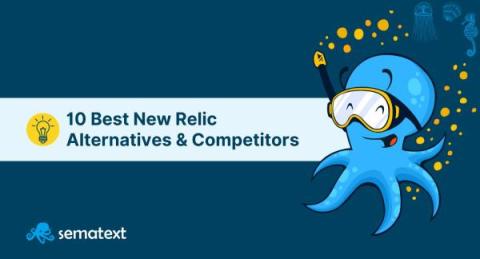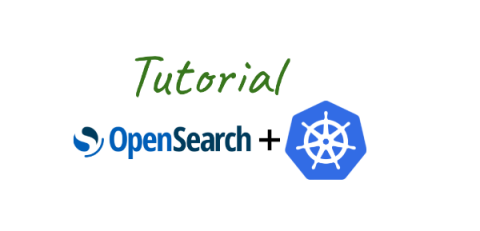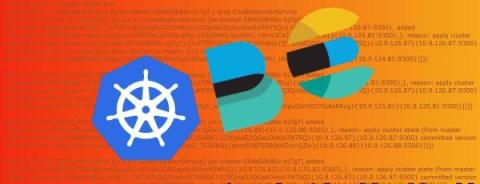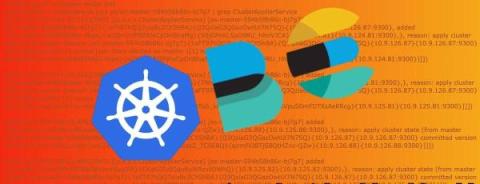Operations | Monitoring | ITSM | DevOps | Cloud
Latest News
10 Best New Relic Alternatives & Competitors [2023 Comparison]
New Relic is a huge name in the website observability and analytics industry. They’ve carved out a space for themselves in a highly competitive monitoring space, and have garnered thousands of users and hundreds of millions in revenue. New Relic is known for its Infrastructure Monitoring capabilities, but it also has a number of other tools that are just as popular. But, New Relic is not so popular with everyone.
Running OpenSearch on Kubernetes With Its Operator
If you’re thinking of running OpenSearch on Kubernetes, you have to check out the OpenSearch Kubernetes Operator. It’s by far the easiest way to get going, you can configure pretty much everything and it has nice functionality, such as rolling upgrades and draining nodes before shutting them down. Let’s get going 🙂
Network Monitoring 101: How To Monitor Networks Effectively
10 Key Benefits of DevOps
DevOps is a practice that combines software development and IT operations to improve the speed, quality, and efficiency of software delivery. By breaking down traditional silos between development and operations teams and promoting a culture of continuous improvement, DevOps helps organizations achieve their goals and remain competitive in today’s fast-paced digital landscape. To better understand how we asked engineers what key DevOps benefits they noticed since working with this approach.
Kubernetes Logging with Filebeat and Elasticsearch Part 2
In this tutorial, we will learn about configuring Filebeat to run as a DaemonSet in our Kubernetes cluster in order to ship logs to the Elasticsearch backend. We are using Filebeat instead of FluentD or FluentBit because it is an extremely lightweight utility and has a first-class support for Kubernetes. It is best for production-level setups. This blog post is the second in a two-part series. The first post runs through the deployment architecture for the nodes and deploying Kibana and ES-HQ.
Kubernetes Logging with Filebeat and Elasticsearch Part 1
This is the first post of a 2 part series where we will set up production-grade Kubernetes logging for applications deployed in the cluster and the cluster itself. We will be using Elasticsearch as the logging backend for this. The Elasticsearch setup will be extremely scalable and fault-tolerant.
Best practices for instrumenting OpenTelemetry
OpenTelemetry (OTel) is steadily gaining broad industry adoption. As one of the major Cloud Native Computing Foundation (CNCF) projects, with as many commits as Kubernetes, it is gaining support from major ISVs and cloud providers delivering support for the framework. Many global companies from finance, insurance, tech, and other industries are starting to standardize on OpenTelemetry.











